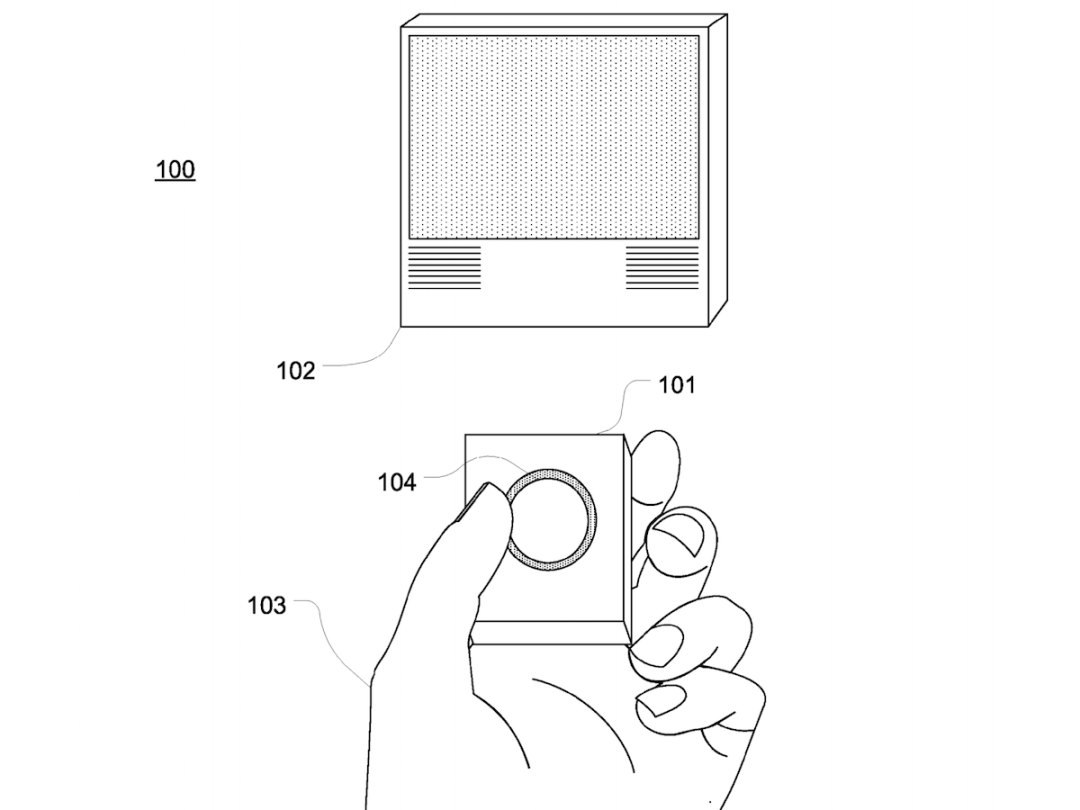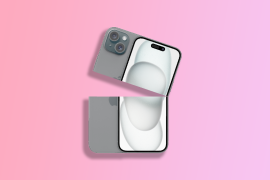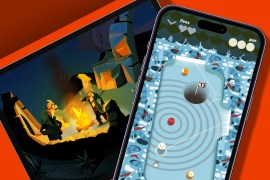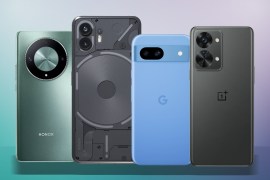The next Apple TV remote might have a Touch ID sensor
Between security, personalisation, and connected home applications, it could be useful

We figured we’d have a new Apple TV by now, given the ample rumours and reports, not to mention the fact it’s been three and a half years since the last major revision. Still we wait, however, and still the talk about possible features continues unabated.
The latest leaked detail comes from Apple itself, or rather, a just-published United States patent application from the company. It shows a remote control with a biometric sensor – a.k.a. the Touch ID sensor seen on the iPhone and iPad – used for a variety of purposes. We’ve already heard about a purported touchpad on the new remote, but this is fresh territory indeed.
According to the application, the sensor can be used with a set-top box (that’d be the Apple TV) to log into the device and bring up your own personalised media and settings, plus it has parental control abilities – so your kid’s fingerprint won’t offer full access to your potentially risqué media library, not to mention use of your billing info.
However, there’s more to the application than just saving you the hassle of a login and PIN code. The application also mentions its use with things like connected lighting and smart appliances, making it a potential solution for activating and interacting with home automation devices. Imagine accessing your home security system via a Touch ID sensor.
It fits well with rumours dating back to last year about the next Apple TV becoming a connected home hub via Apple’s HomeKit framework, along with newer reports suggesting that Siri would be built into the device to help make it the center of your digital home experience. The application also mentions use in a car, so it could fit in with a future version of CarPlay, or even Apple’s reported self-driving car project.
Granted, a patent application doesn’t necessarily mean that Apple intends to put a Touch ID sensor on your remote control or future car; we’ve seen countless patents that never had obvious consumer application, but they show a company testing out potential concepts and ideas – and protecting them should a use case become clearer with time.
Still, there’s a lot of potential upside here, and we could see it being a big perk on the next Apple TV… whenever that actually happens. Soon, hopefully.
[Sources: Patently Apple, USPTO, Business Insider]



